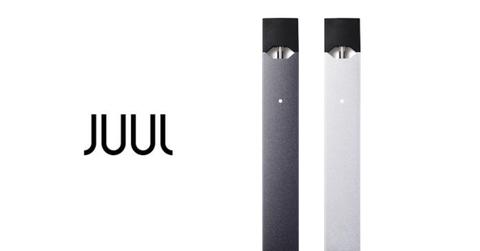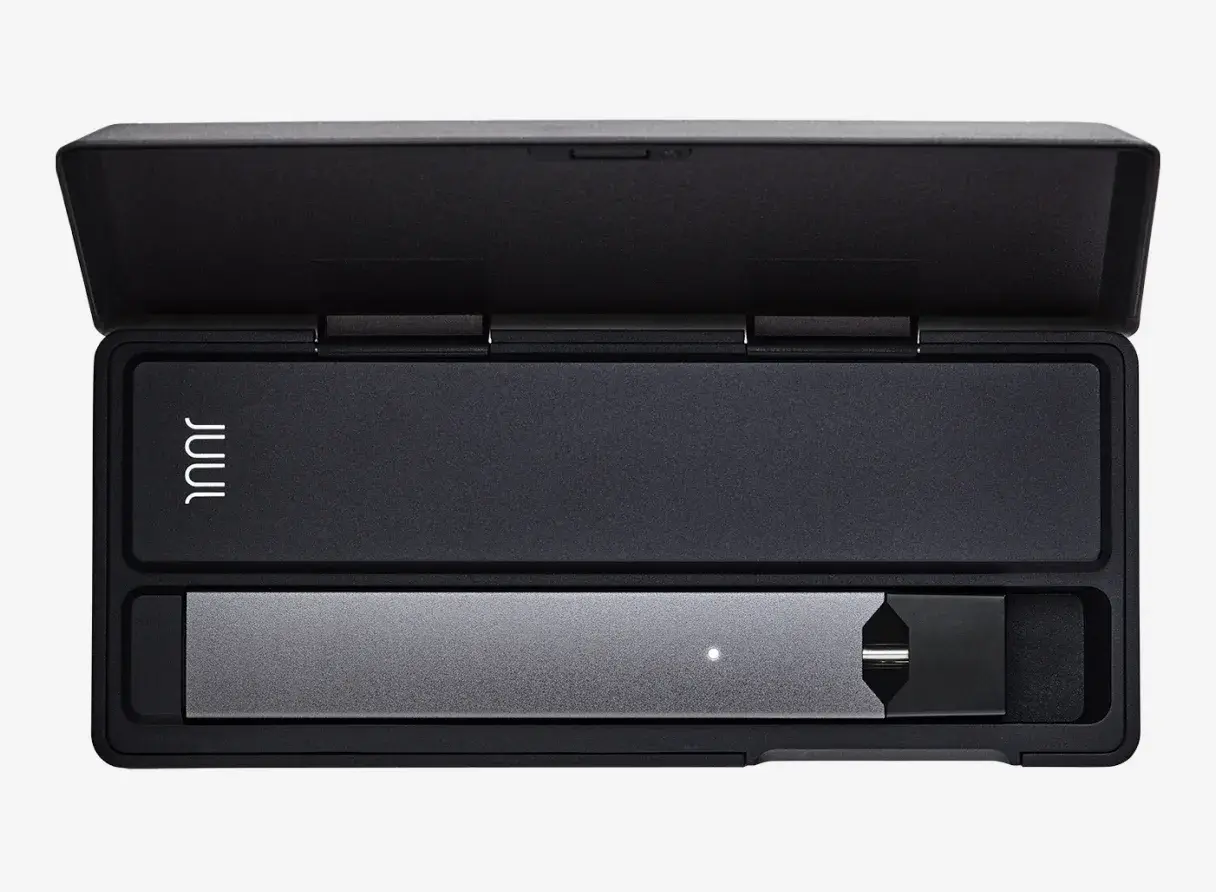FDA Puts the Juul E-Cigarette Ban on Hold — All the Details
The FDA has put its ban on Juul e-cigarettes on hold as the agency does further investigation. When will the ban go into effect? Here's what we know.
July 6 2022, Published 2:09 p.m. ET

On Tuesday, July 5, the FDA announced that it put a hold on its ban on sales of Juul Labs Inc. e-cigarette products. When will the hold end and will the ban to go into effect?
The FDA and Juul have been in dispute over the health concerns of its products for many years now, but we may finally be coming to a conclusion.

When does the Juul ban go into effect?
The FDA didn't provide a specific date of when the additional review will conclude. There's the possibility that the agency could overturn the decision if its findings and say that Juul products are appropriate for public health. In a series of tweets on July 5, the federal agency says it “determined that there are scientific issues unique to the JUUL application that warrant additional review.”
The FDA did point out that the hold on the ban doesn’t rescind the decision of the marketing denial order. So, it’s possible that after the review is over, the ban could go back into effect. In late June, the U.S. Court of Appeals for the District of Columbia Circuit put a hold on the FDA’s ban of Juul sales, after the e-cigarette company appealed the initial decision claiming that it would cause “irreparable harm” to the brand.
The appeal court’s hold on the sale restriction lasts until July 12, and the court can either extend the pause or allow the agency’s ruling to go into effect. The court decision gave Juul some more time before the FDA’s decision. It’s possible that the court could let the ban go into effect, now that the FDA implemented its own pause. The agency has restrictions placed on various types of e-cigarettes, where most have to get the FDA’s approval before selling products.
If the appeal court and FDA’s hold on the ban both expire without a change in the decision, Juul would have to immediately stop selling and distributing products in the U.S. It would be a significant loss for Juul since its largest market is in the U.S. and it has struggled to obtain approval and meet regulations to sell in foreign countries or to even draw consumer interest.
The FDA previously claimed that Juul hasn't provided sufficient data to determine the relevant health risks of its products. Juul refuted the claims and stated that it believes there was sufficient information provided and “high-quality research” to address the agency's issues.
States have already tried to implement their own Juul restrictions.
Every state in the U.S. has its own specific regulations on using Juul products and other e-cigarettes, such as banning the use of e-cigarettes while inside restaurants and other indoor establishments. States such as New York, Michigan, and Oregon put temporary bans on flavored vape products. However, the vaping industry was able to get court rulings in their favor to allow the restrictions to be temporary.
